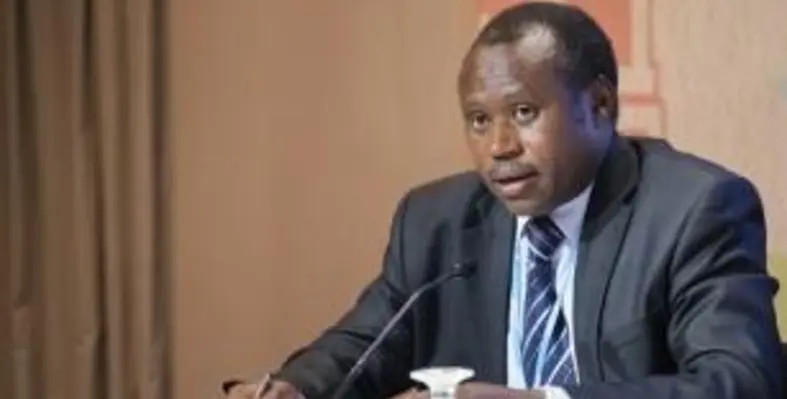Representatives from 14 countries in East Africa have agreed to promote regional integration through the African Continental Free Trade Area (AfCFTA)
At the closing session of the three-day regional meeting in Kigali, Rwanda, economic experts and decision-makers stressed that the implementation of AfCFTA will create opportunities to consolidate domestic markets, strengthen regional value chains and enhance export competitiveness.
Participants insisted that the successful implementation of the agreement requires the effective participation of the private sector and the full inclusion of women and young people.
Non-tariff barriers and restrictions on the supply side are among the restrictions that also need to be addressed to enable their implementation.
“Political will is crucial but we need to include the private sector,” said Uzziel Ndagijimana, Rwanda minister of finance and economic planning.
He added that the AfCFTA must benefit all, including smaller economies, and the experience of the regional integration can help make the AfCFTA a success.
Andrew Mold, acting director of the ECA in East Africa, congratulated the representatives of the 14 countries served by the sub-regional office.
“The meeting has contributed towards reaching a consensus on the way forward towards the implementation of the AfCFTA,” Mold added.
The final communiqué of the 22nd meeting of the Intergovernmental Committee of Experts was adopted unanimously. In view of the negative impact of current account deficits on growth, it called on member states to mobilise savings and translate them into productive investment, promote exports and tap into domestic markets opportunities.
It also recommends increasing competition in services sectors such as logistics and transport in order to boost manufacturing.
On the theme of energy, the communiqué insists on the necessary upscaling of alternative cooking sources to reduce biomass reliance, while expanding sustainable forest management and plantations to meet the demand and supply imbalance.
Tourism experts insisted on the role of trade in services for the success of the AfCFTA. They underscored the need to find innovating financing resources to stimulate investment in the sector.
While 49 African countries have signed the agreement establishing the continental free trade area, only 12 countries have ratified it so far, and 22 ratifications are required by March 2019 to enable it to enter into force.
The UN Economic Commission for Africa is working to support African member’s states in the implementation process of the AfCFTA.












